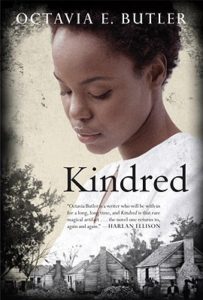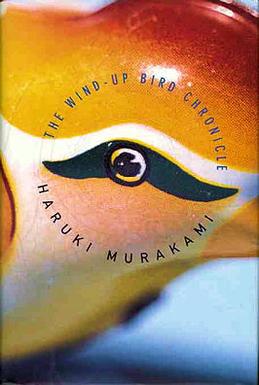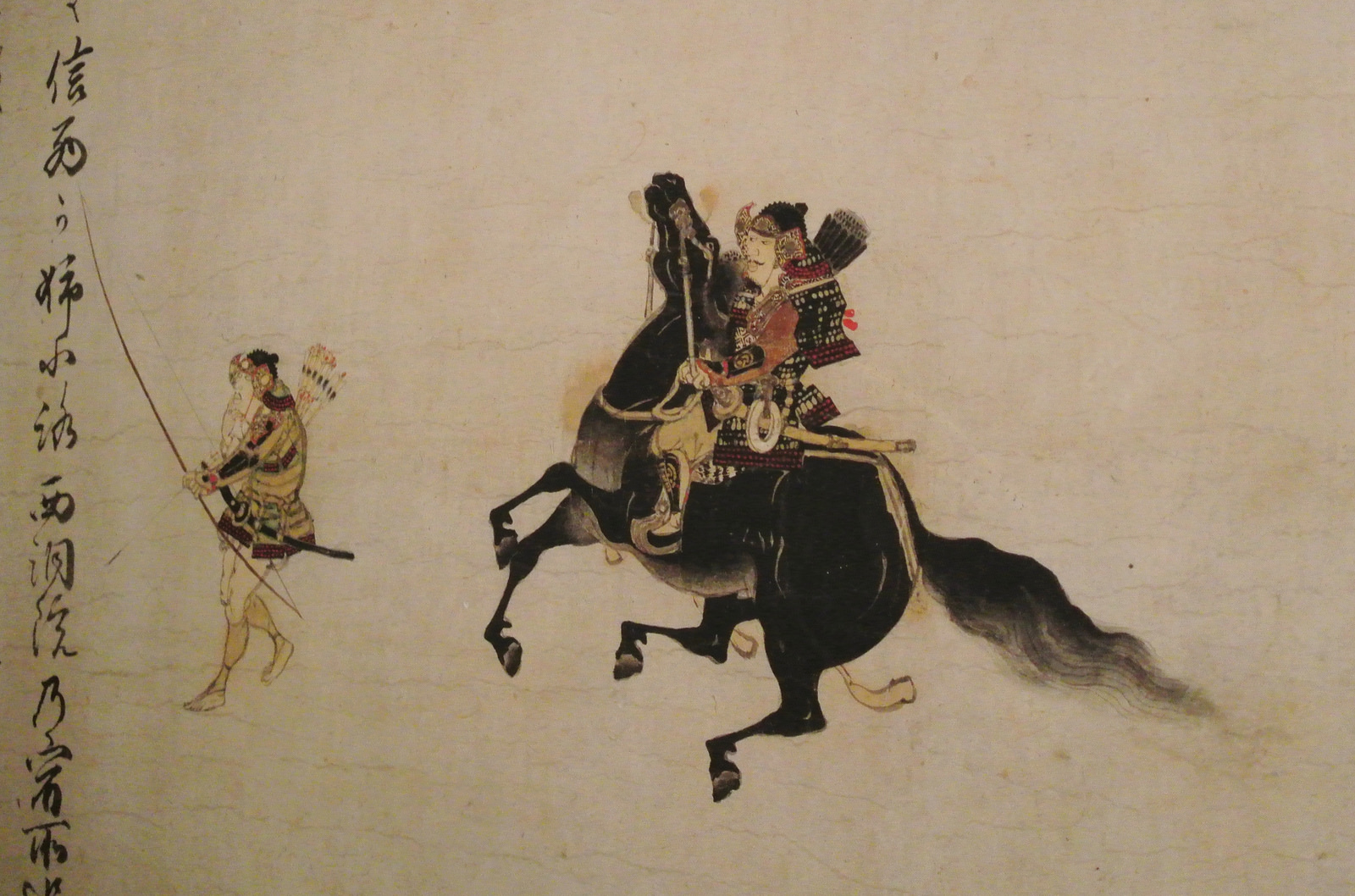 There’s always a barrier between a reader and what they read—the reader knows they can always put the book down. This is particularly the case with a subject the reader thinks they know about already, as they’re further insulated from being affected by it, with their biases and previously drawn conclusions. But the best authors find a way to reduce or almost eliminate this barrier, to implode those implicit stances the reader places between them and the seemingly familiar concepts they’re encountering.
There’s always a barrier between a reader and what they read—the reader knows they can always put the book down. This is particularly the case with a subject the reader thinks they know about already, as they’re further insulated from being affected by it, with their biases and previously drawn conclusions. But the best authors find a way to reduce or almost eliminate this barrier, to implode those implicit stances the reader places between them and the seemingly familiar concepts they’re encountering.
Octavia Butler was one author consistently able to do this (go read her story “Bloodchild” if you haven’t already: you’ll thank me), and she did so in particular with her 1979 novel, Kindred. This is the third novel I’ve read in the past couple years that uses a speculative fiction approach to tangle with racism. slavery, and antebellum America, but it’s undoubtedly the best of the lot. While Ta-Nehisi Coates’s The Water Dancer is worth reading for how powerfully it uses its themes of memory and heritage, and Colson Whitehead’s The Underground Railroad intrigues with a Gulliver’s Travels style journey to explore race relations in America, neither of them wrestled with the these issues as successfully as Kindred.
Butler accomplishes this by having her protagonist, Dana, be a modern (well, 1979 modern), married Black woman forced to travel back to an early 1800s plantation in Maryland to save her white ancestor, Rufus. By means and for reasons that she is never able to determine, Dana is called to save Rufus when his life is in danger, but is sent back to her own timeline when her own life is put into danger. Her first stop is brief, with her pulling the young child Rufus from a river, providing mouth-to-mouth resuscitation, only to have the boy’s father point a gun at her, causing her to be sent back to her own timeline. But unfortunately for Dana, this is not the only instance where Rufus nearly dies (she’s called back to different moments in his life), meaning she is yanked back multiple times to the plantation Rufus’s father owns. After a few hours or days in her present, Dana is called back to find months or years have often gone by between her visits to Rufus’s timeline
And other than for that first visit, it is often months before she is able to return to her present, meaning she has to find some way to live on the plantation. While it’s hardly the most hospitable place, she has few other options: Rufus’s family grudgingly allows her a place to work and live (tinged with slight gratitude for saving Rufus), and any attempted escape north could cause Dana to be captured by patrols, resulting in her being sold as a slave to someone that is even worse than Rufus’s father (who only whips slaves when they “deserve it,” according to Rufus).
This setup means Dana’s (and the reader’s) previous thoughts and biases about the era are slowly and steadily removed. Octavia Butler said the idea for the novel came to her after a young Black man she knew vilified the generations that had come before them for their subservience to whites and racism, and you can see how the novel implodes his not-uncommon thought process. Dana attempts to soften Rufus as he grows older (and he does seem to respect her), but she is only able to do so much, given his family and the society he lives in. She also attempts to help and educate other slaves on the plantation, but again she is only able to do so much: and eventually the cost to her is great.
Dana is only human, in the end, capable of being whipped, shot, or torn at by dogs, and she wants to live. She wants to get back to her own era, and her husband. Once faced with that reality, the needed compromises to get by are seen and felt by her and the reader—any grandiose thoughts about how she might live or be different from other slaves are slowly worn away. While she befriends some other Blacks on the plantation, other slaves see her as dangerous—if not a spy for Rufus and his father, at the very least a “mammy” or a “whore,” worthy of their contempt.
As she goes back again, and again, the reader is forced to ask (as Dana and her husband also ask), why doesn’t she let Rufus die? But of course, then Dana herself wouldn’t exist. Nor would all the generations between Rufus and Dana herself. It’s not that simple. Ignoring all that, what would it mean for Dana to become a person that lets another die? Where would the separation be between her and Rufus? His father?
For all its dark subject matter—for all the physical, emotional, and mental pain Dana goes through—Butler doesn’t drown the reader in it. This is no small feat, as Amazon’s production of Whitehead’s Underground Railroad shows: its very first episode subsumes the reader in the violence of the era, simultaneously burying much of its main character’s story, making her seem a bystander to the narrative. While these are issues Whitehead’s novel generally does not have, they still highlight the danger in telling a story such as this. It is far too easy to caricature, distancing the viewer through extremes of one sort or another.
Kindred stands apart through its ability to find balance in its narrative. Like Dana, the reader can never stop hoping for something better. Seen in one way, that hope is a chain that enables slavery. Seen another, hope is the thing that makes life worth living.




